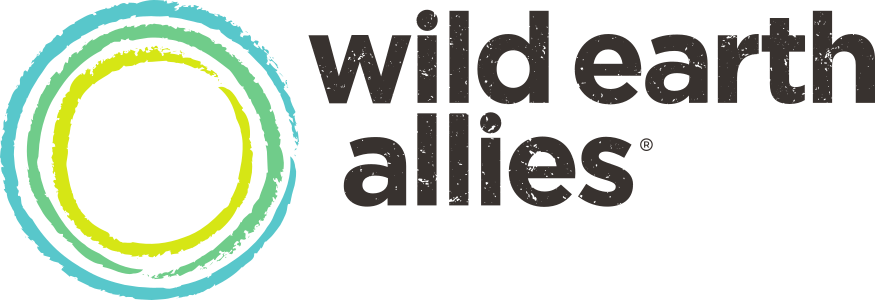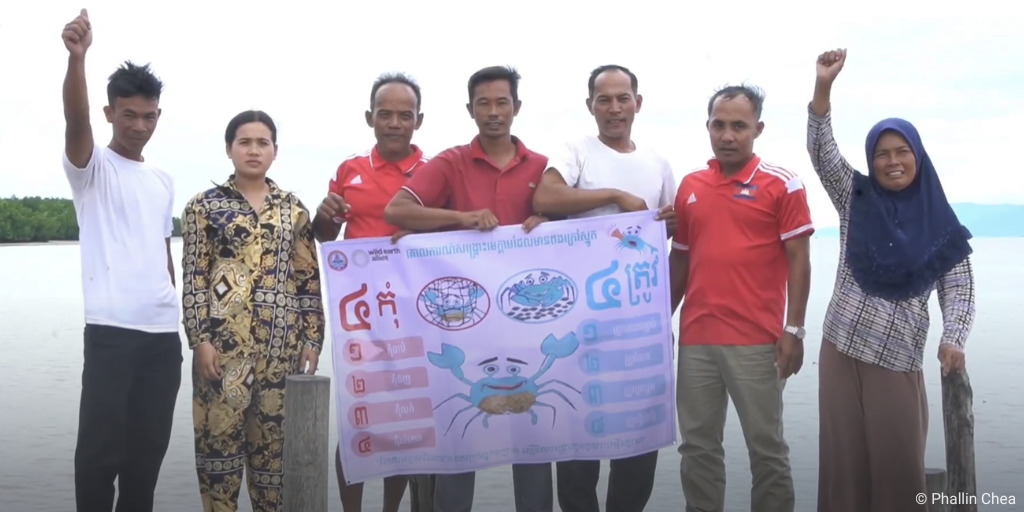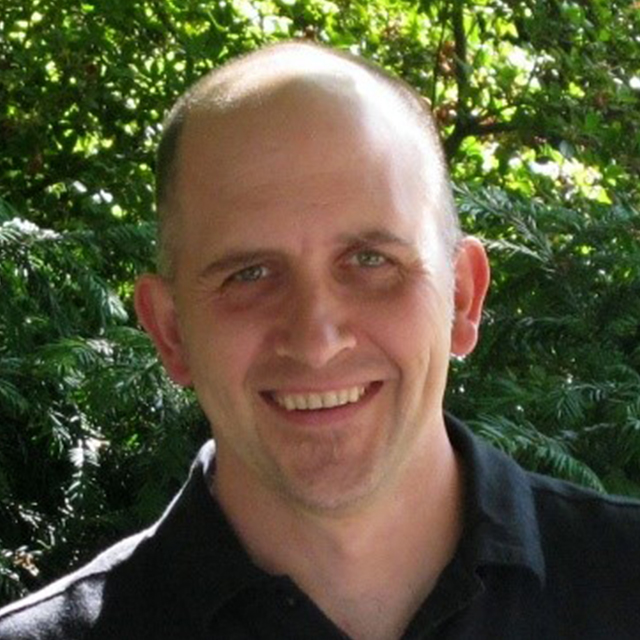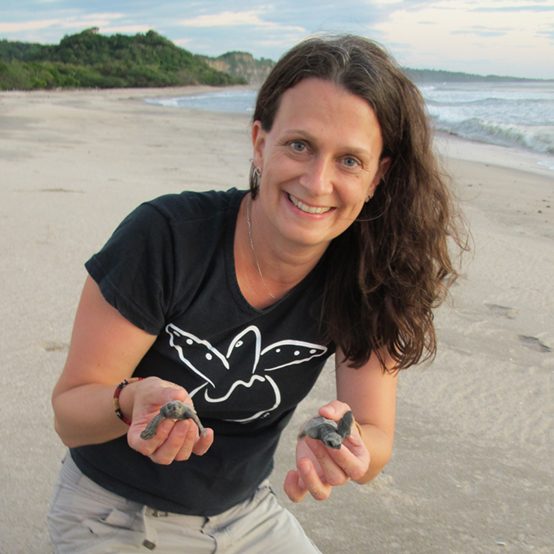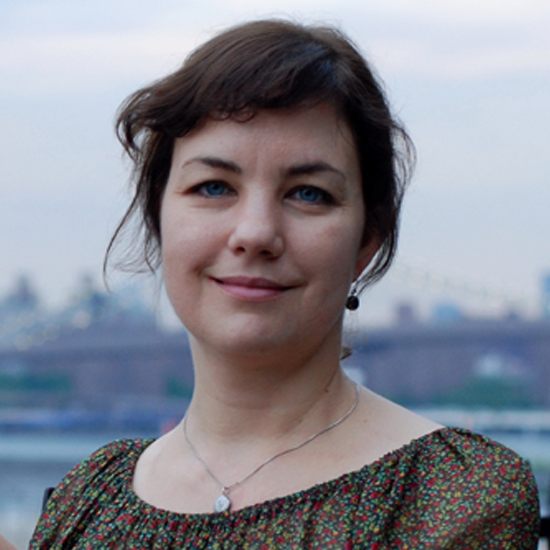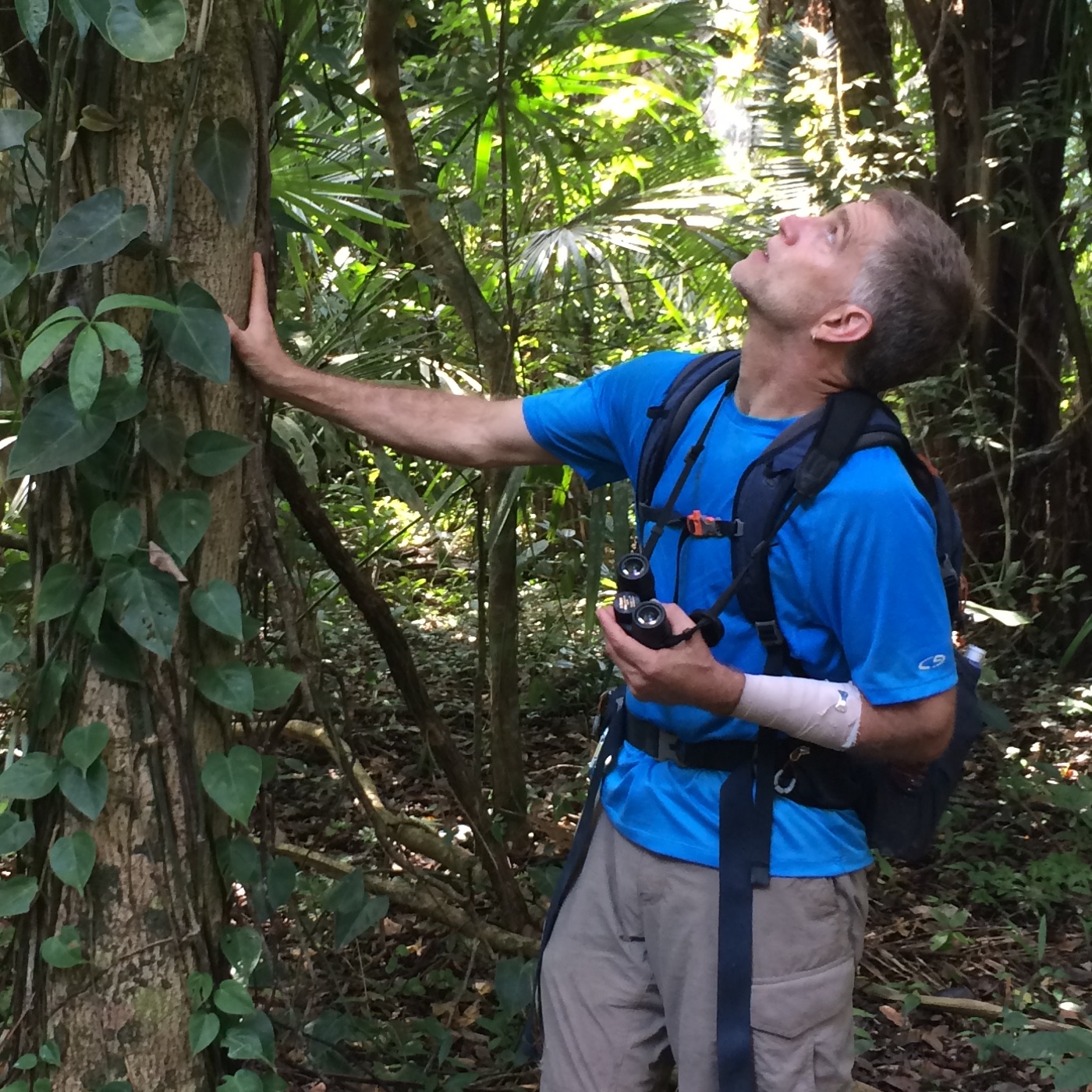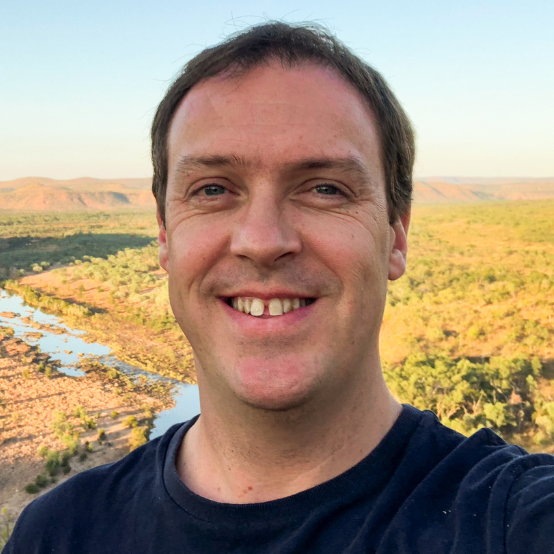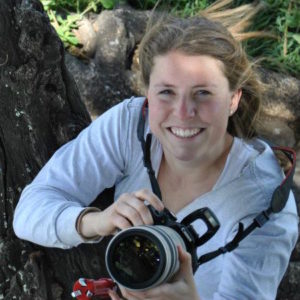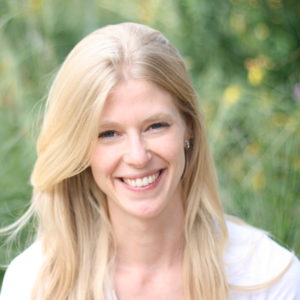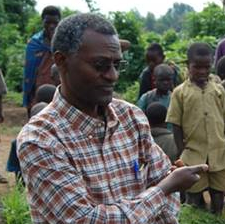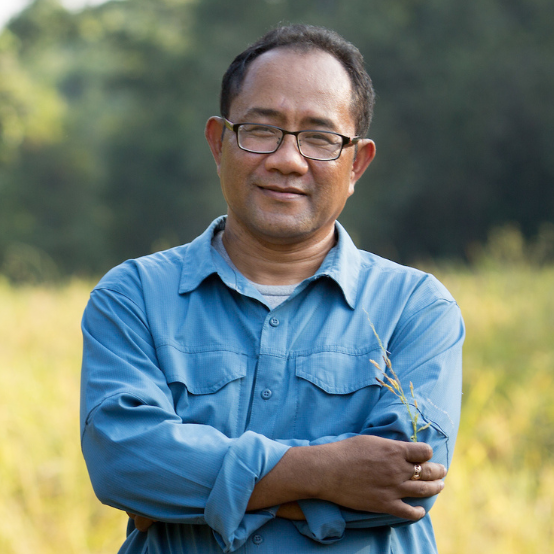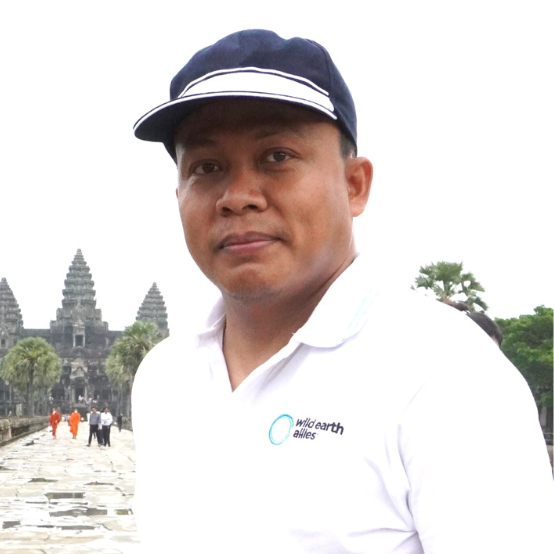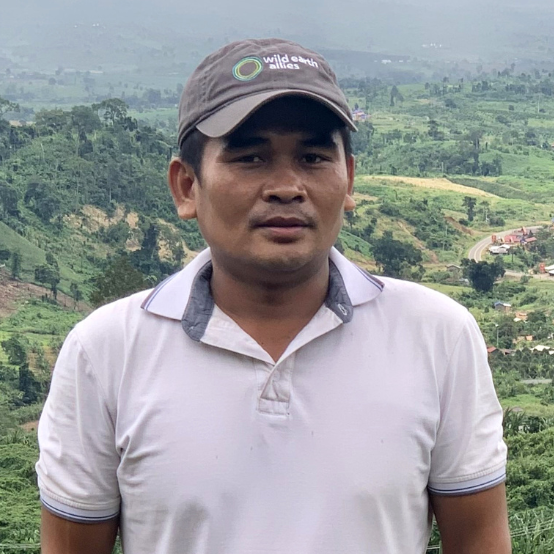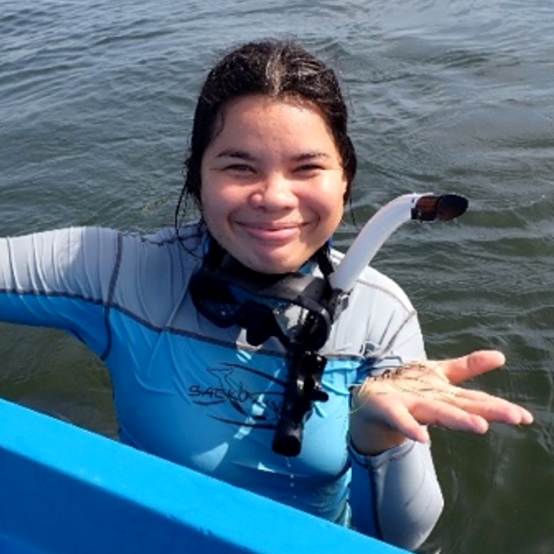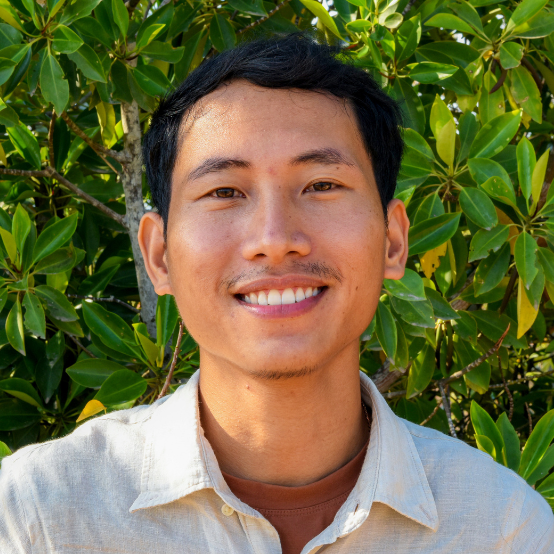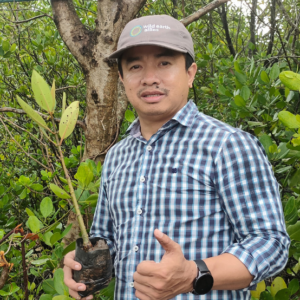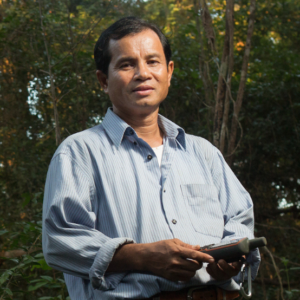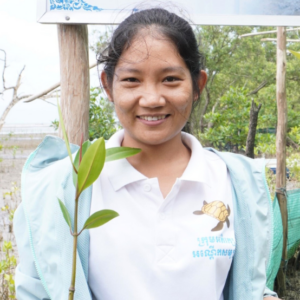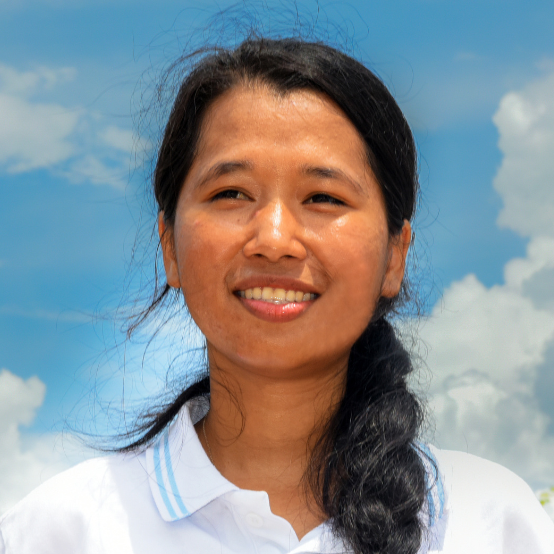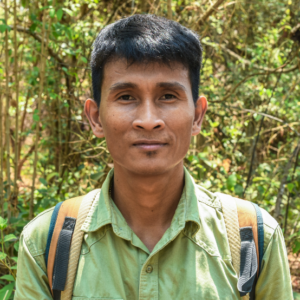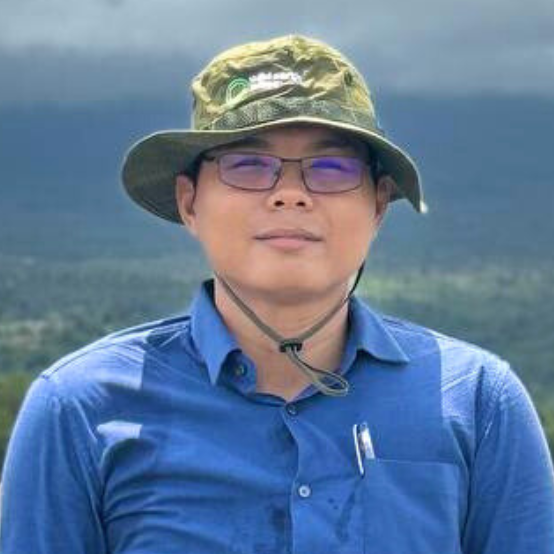In honor of Cambodia’s National Fish Day on July 1, Wild Earth Allies is teaming up with the Fisheries Administration, Action Education, and coastal communities to protect local crab populations. Through a month-long campaign called “Say No to Gravid Crabs,” we are raising awareness about the need for small-scale fishers to release any gravid (egg-carrying) female crabs they catch.
Blue swimming crabs are essential for livelihoods and food security in Cambodia’s coastal communities. But unsustainable fishing practices are driving a decline in crab populations and crab size. In Kep province, for example, research shows that without adequate management, the population of blue swimming crabs is at risk of a significant drop.
One gravid crab carries eggs for more than one million baby crabs. Releasing gravid crabs before they spawn is an important way to help sustain local crab populations.
Spreading Awareness About Gravid Crabs
To generate awareness about the campaign among our 10 Community Fishery (CFi) partners and the general public in Kep and Kampot provinces, the Wild Earth Allies team created posters and displayed them at the CFis, in public areas, and on a tutktuk (autorickshaw). We also designed and produced 150 canvas bags with the slogan “Say No to Gravid Crabs” to distribute to CFi members and other campaign participants.
One gravid crab carries eggs for more than one million baby crabs.
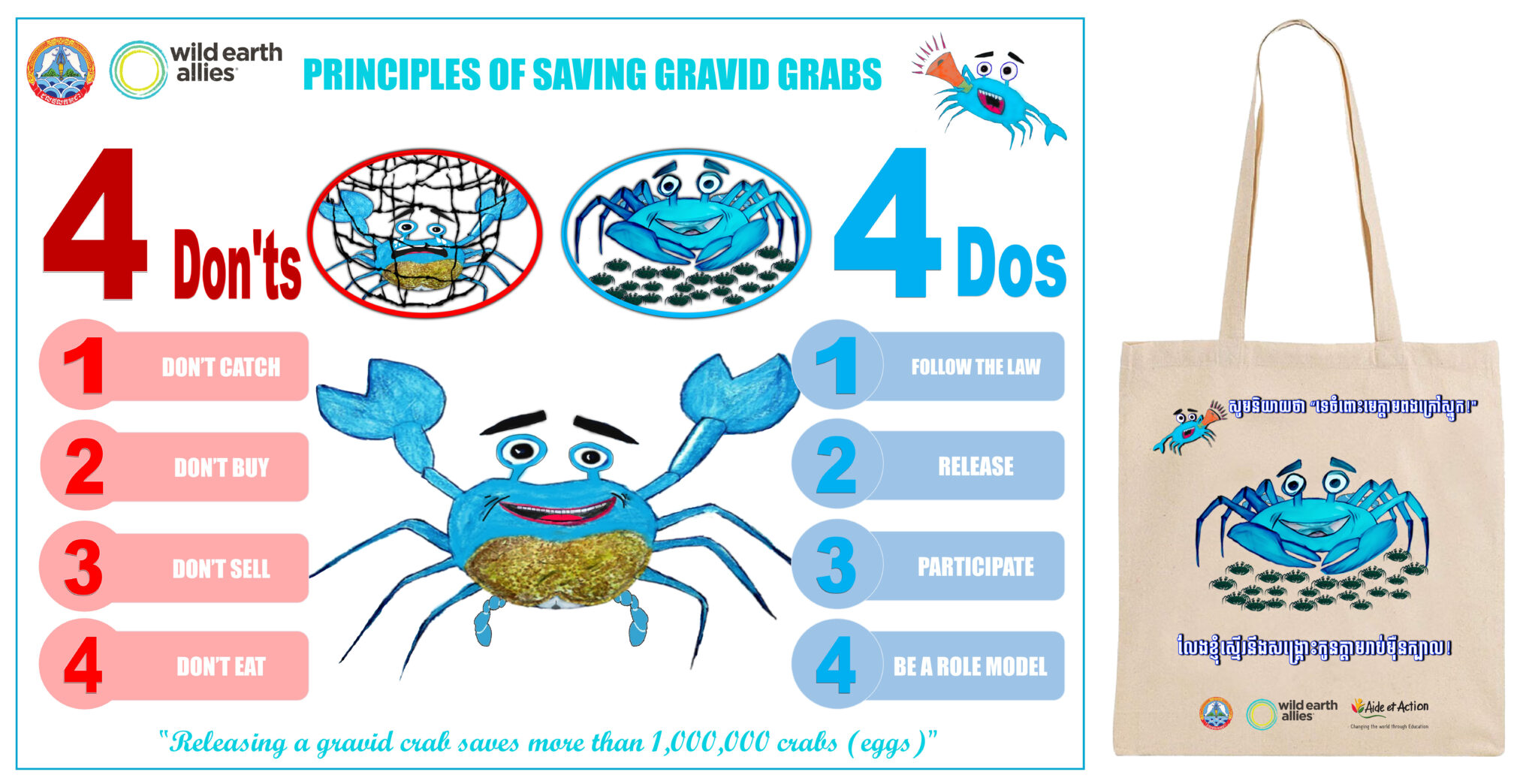
A campaign poster and canvas bag created by Wild Earth Allies (Artwork by Viphou Meas, Phallin Chea, and Srey Oun Ith)
A crab trader takes action for the campaign by releasing two gravid crabs, saying in the Khmer language, “Today, Prek Tnoat CFi released two blue swimming gravid crabs; good luck, please!” (Video by Uk Sothea)
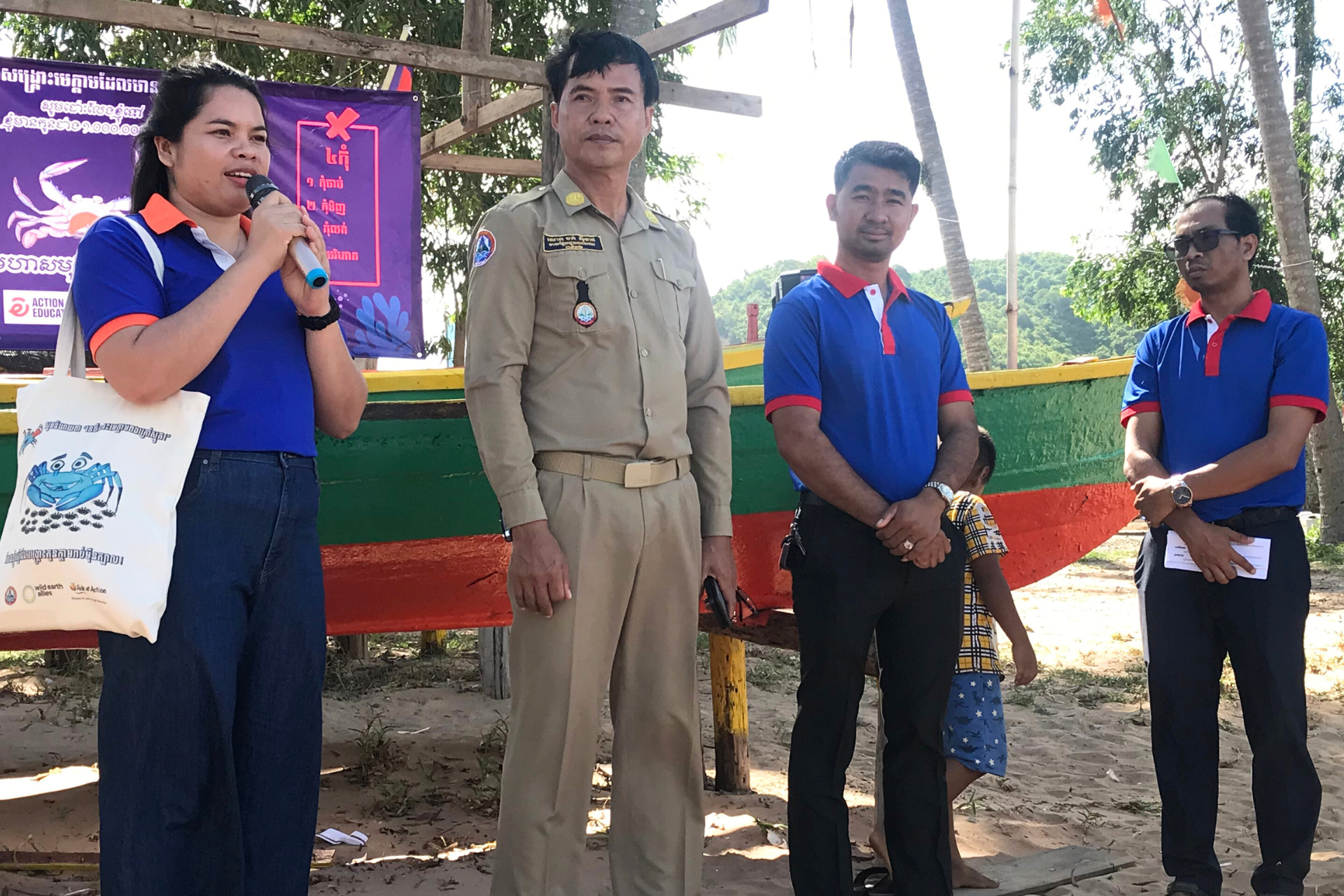
Wild Earth Allies Cambodia Marine Coordinator Srey Oun Ith leads a question-and-answer session at a special campaign event at the Angkol CFi. (Photo by Chan Oudom)
Campaigning for Gravid Crabs on Social Media
To further engage coastal communities and the general public on Facebook—a very popular social media platform in Cambodia—Wild Earth Allies asked our Cambodian followers to join the campaign by taking the following actions:
- Update their profile photos with a branded campaign graphic
- Share a video about their commitment to saving gravid crabs
- Tag five of their friends on the post
The first 30 campaign participants—to be announced on August 1st—win a canvas tote bag.
We are incredibly grateful for the support of Cambodia’s Fisheries Administration at both regional and national levels.
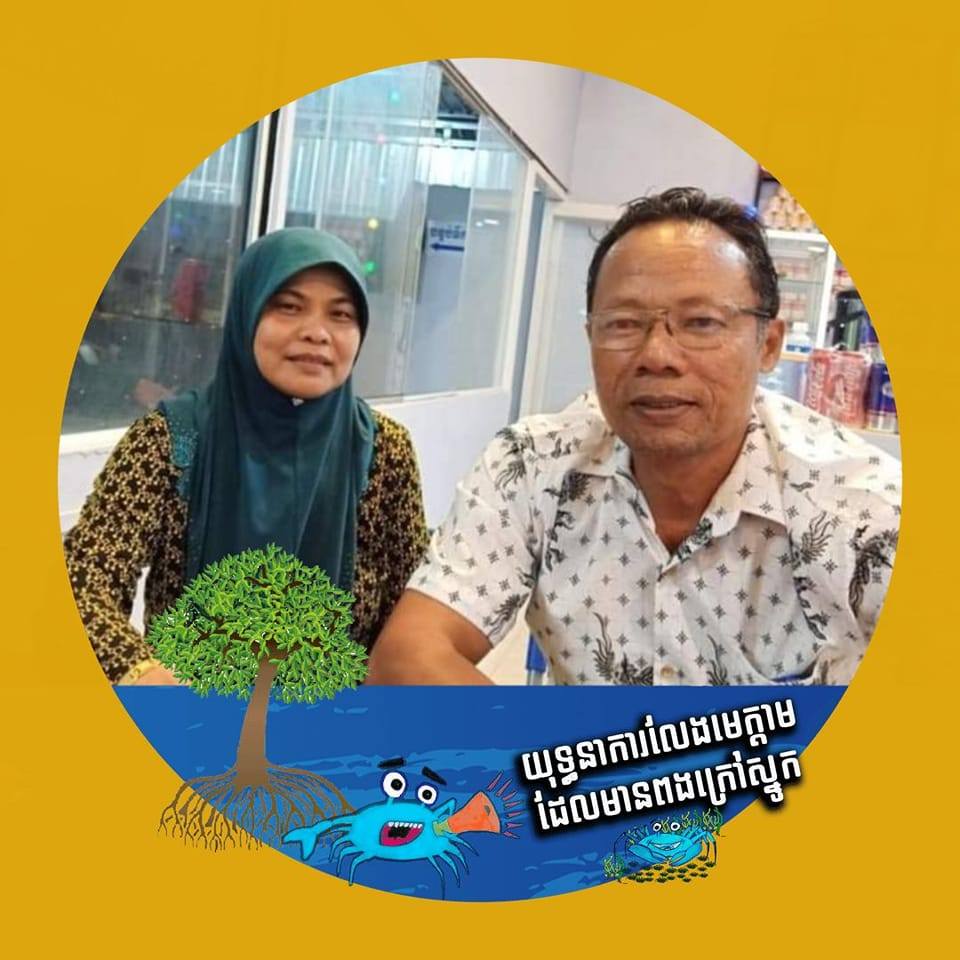
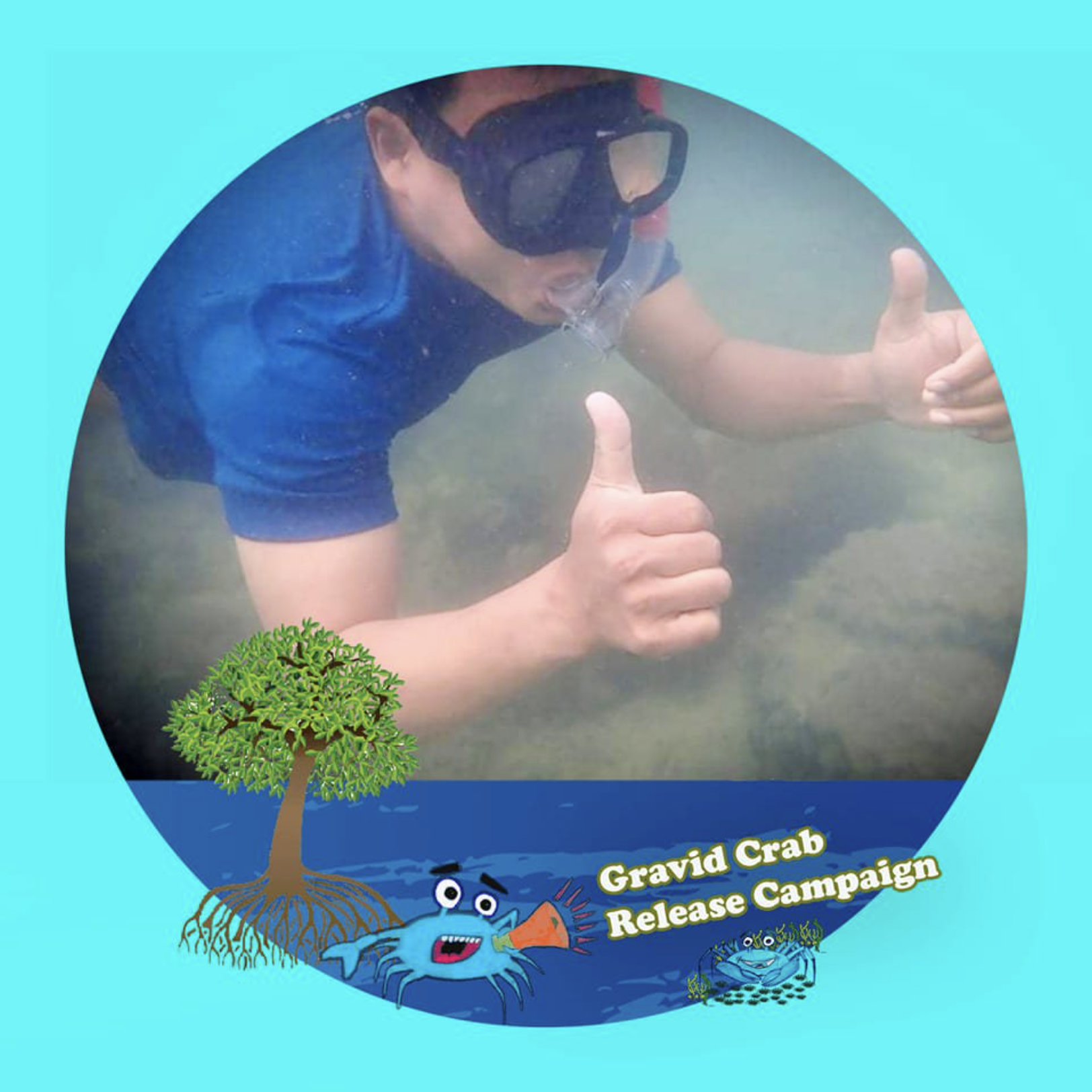
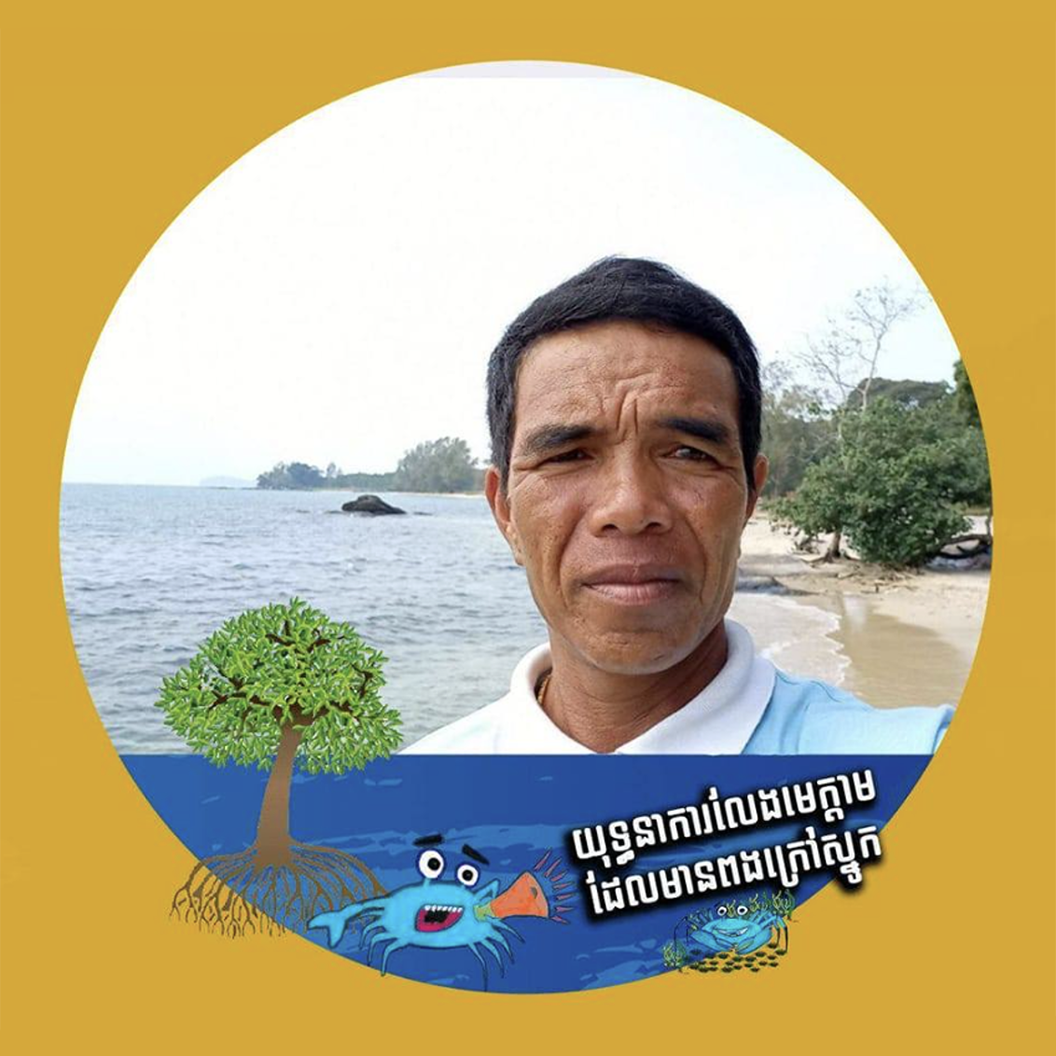
Participants in the Facebook campaign updated their profile photos with graphics created by Wild Earth Allies. (Artwork by Viphou Meas, Phallin Chea, and Srey Oun Ith)
We are incredibly grateful for the support of Cambodia’s Fisheries Administration at both regional and national levels, and we look forward to launching the second phase of the campaign in October 2023.
A video submitted for the campaign on Facebook features members of the Phoum Thmey CFi saying in the Khmer language, “We don’t eat gravid crabs—how about you?” (Video by Viphou Meas)
Our Commitment to Community-Based Marine Conservation
The gravid crab campaign is part of Wild Earth Allies’ larger commitment to advance marine conservation in Cambodia in ways that benefit coastal communities.
Cambodia’s marine environment harbors rich biodiversity within expansive coral, seagrass, and mangrove habitats. The country’s southwest coast, which includes Kampot and Kep provinces, is home to regionally important coral reefs, some of southeast Asia’s largest remaining seagrass meadows, and endangered species such as sea turtles, sea horses, dugong, and dolphins.
Destructive fishing practices like bottom-trawling and rapid coastal development threaten these marine ecosystems and the livelihoods of coastal communities that depend on them. In response, we are working to advance the effective co-management of 47,000 acres of critical marine habitat with government and community partners.
An active member of the Chong Horn CFi submitted a Facebook video for the campaign, saying in the Khmer language, “I don’t catch, don’t sell, and don’t eat gravid crabs—how about you?” (Video by Viphou Meas)

